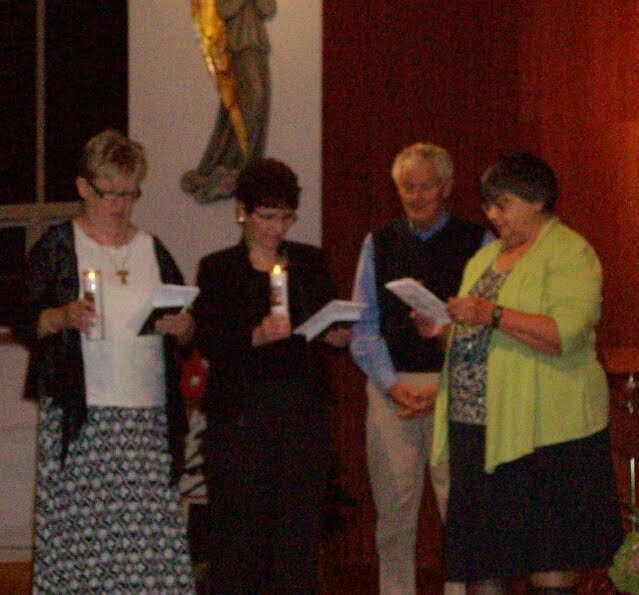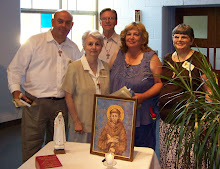In 1776, when the American Revolution was beginning in the east, another part of the future United States was being born in California. That year a gray-robed Franciscan founded Mission San Juan Capistrano, now famous for its annually returning swallows. San Juan was the seventh of nine missions established under the direction of this indomitable Spaniard.
Born on Spain’s island of Mallorca, Serra entered the Franciscan Order taking the name of Saint Francis’ childlike companion, Brother Juniper. Until he was 35, he spent most of his time in the classroom—first as a student of theology and then as a professor. He also became famous for his preaching. Suddenly he gave it all up and followed the yearning that had begun years before when he heard about the missionary work of Saint Francis Solano in South America. Junipero’s desire was to convert native peoples in the New World.
Arriving by ship at Vera Cruz, Mexico, he and a companion walked the 250 miles to Mexico City. On the way Junipero’s left leg became infected by an insect bite and would remain a cross—sometimes life-threatening—for the rest of his life. For 18 years, he worked in central Mexico and in the Baja Peninsula. He became president of the missions there.
Enter politics: the threat of a Russian invasion south from Alaska. Charles III of Spain ordered an expedition to beat Russia to the territory. So the last two conquistadors—one military, one spiritual—began their quest. José de Galvez persuaded Junipero to set out with him for present-day Monterey, California. The first mission founded after the 900-mile journey north was San Diego in 1769. That year a shortage of food almost canceled the expedition. Vowing to stay with the local people, Junipero and another friar began a novena in preparation for St. Joseph’s day, March 19, the scheduled day of departure. On that day, the relief ship arrived.
Other missions followed: Monterey/Carmel (1770); San Antonio and San Gabriel (1771); San Luís Obispo (1772); San Francisco and San Juan Capistrano (1776); Santa Clara (1777); San Buenaventura (1782). Twelve more were founded after Serra’s death.
Junipero made the long trip to Mexico City to settle great differences with the military commander. He arrived at the point of death. The outcome was substantially what Junipero sought: the famous “Regulation” protecting the Indians and the missions. It was the basis for the first significant legislation in California, a “Bill of Rights” for Native Americans.
Because the Native Americans were living a nonhuman life from the Spanish point of view, the friars were made their legal guardians. The Native Americans were kept at the mission after baptism lest they be corrupted in their former haunts—a move that has brought cries of “injustice” from some moderns.
Junipero’s missionary life was a long battle with cold and hunger, with unsympathetic military commanders and even with danger of death from non-Christian native peoples. Through it all his unquenchable zeal was fed by prayer each night, often from midnight till dawn. He baptized over 6,000 people and confirmed 5,000. His travels would have circled the globe. He brought the Native Americans not only the gift of faith but also a decent standard of living. He won their love, as witnessed especially by their grief at his death. He is buried at Mission San Carlo Borromeo, Carmel, and was beatified in 1988. Pope Francis canonized him in Washington, D.C., on September 23, 2015.
Pax et bonum













